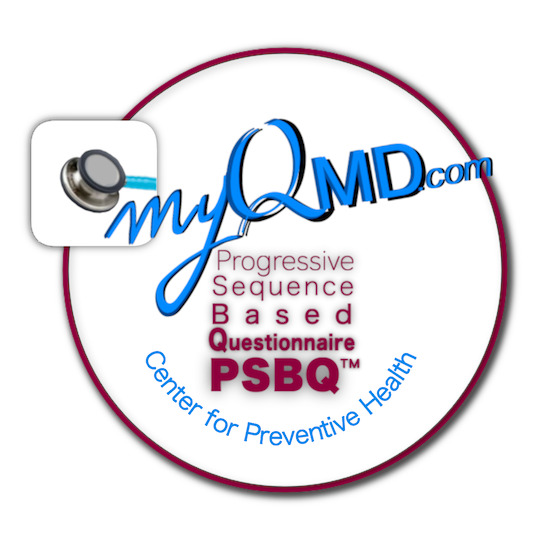Adolescent
13 - 17 years of age
Aspirin Prevention
- Does age between 40 and 60 years have significant vulnerability to cardiovascular diseases?
- Does vulnerability to CVD carry over beyond the age of 60 years?
- Are you aware of the difference between coronary artery disease and sudden cardiac death?
- Would your primary care physician discuss current American Heart Guidelines during your visit?
- During your preventative healthcare visit was there a discussion about Small Net Benefit versus No Net Benefit?
- What are the risk factors associated with cardiac events?
- What is the most significant risk factor relative to you among the following
-
-
- Cholesterol levels
- Systolic Blood Pressure level
- Antihypertension treatment
- Presence of Diabetes
- Smoking status
- Severe clinical outcomes (myocardial infarction and death from coronary heart disease; ischemic stroke and stroke-related death)
-
-
- Are you on Aspirin Therapy initiated by your primary care provider?
- Does your main goal of researching this topic relate to your current health or a significant other’s health?
- In case you have healthcare background, have you considered 2022 Aspirin prevention related guidelines in your practice?
- Are you familiar with many tools and resources (Million Hearts; Center for Disease Control; National Institute of Health) that are employed to deal with cardiac health issues?
- Do you take Aspirin on regular basis or seldom?
- What is your primary use of Aspirin?
- Do you have history of CVD, colorectal cancer, hemorrhage (or bleeding), stroke, Reye’s syndrome, medication allergies and dental problems?
- A microsimulation modeling study for assessing the net balance of benefits and harms from aspirin use for primary prevention of CVD (cardiovascular disease) and CRC (colorectal cancer), stratified by age, sex, and CVD risk level, was commissioned by the USPSTF. Have you reviewed these or any other similar guidelines regarding Aspirin prevention (The American College of Cardiology/American Heart Association (ACC/AHA) Pooled Cohort Equations)?
- Have you been influenced to take action by the discussion on aspirin prevention with your primary care provider?
- Aspirin is one of those ubiquitous medicine in use throughout human history. Have you ever considered pros and cons of Aspirin use?
- Have you had any recent laboratory work done to include comprehensive metabolic profile, but not limited to lipid studies, liver/kidney function tests and complete blood count especially platelets?
- Have you ever considered starting and stopping the use of Aspirin? Do you have any rationale to consider this?
- Do you have any allergies to Aspirin or any anti-inflammatory medications?
- Are you taking any of the following herbal/nutritional supplements [These products are not regulated by the Food and Drug Administration (FDA) with the same scrutiny as conventional drugs]?
-
-
- St. John’s Wort
- Ginko Biloba
- Ginkgo
- Ginseng
- Garlic
- Ginger
- Bilberry
- Dong quai
- Feverfew
- Turmeric
- Meadowsweet
- Willow
- Coumarin containing (chamomile, motherworth, horse chestnut, fenugreek and red clover) Tamarind
- Acetaminophen may also interact with ginkgo and possibly with at least some of the above herbs to increase the risk of bleeding
- Potentially hepatotoxic herbs augmented by concomitant use of acetaminophen (Echinacea and kava)
- Potentially nephrotoxic herbs containing salicylate (willow, meadowsweet)
- Concomitant use of opioid analgesics with the sedative herbal supplements, valerian, kava and chamomile
-
-
*Health-care professionals should be more aware of the potential adverse interactions between herbal supplements and analgesic drugs, and take appropriate precautionary measures to avoid their possible occurrences.



